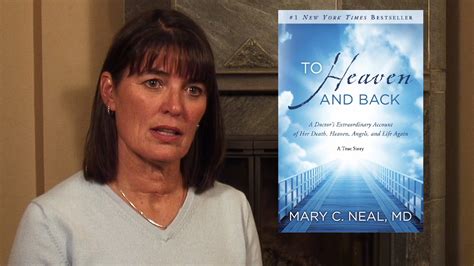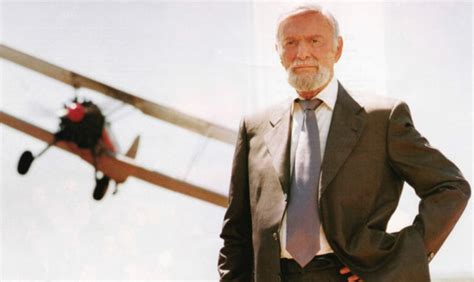A Quote by Helen Vendler
I think that a lot of things are hard to read if you're not in the vocabulary flow of that particular discourse. I sometimes forget that even though the words I'm using are fairly ordinary words, the concepts around which they cluster, which are the long concepts of literary tradition, may not be familiar to an audience.
Related Quotes
Sound words can't be understood through formal study of the language alone. They're felt when you immerse yourself in the culture or lifestyle that becomes a part of you. The Japanese language is abundant with onomatopoeia. Even though I've lived in Japan a long time, sound words are still an uncertain territory. And I think new words are being created every day. Even when I don't know a word I can sometimes connect it to a meaning using the sensations produced by the sounds, which feels like I'm playing with words.
I feel as though I am trying to describe a three-dimensional experience while living in a two-dimension world. The appropriate words, descriptions, and concepts don't even exist in our current language. I have subsequently read the accounts of other people's near-death experiences and their portrayals of heaven and I am able to see the same limitations in their descriptions and vocabulary that I see in my own.
Words are acoustical signs for concepts; concepts, however, are more or less definite image signs for often recurring and associated sensations, for groups of sensations. To understand one another, it is not enough that one use the same words; one also has to use the same words for the same species of inner experiences; in the end one has to have one's experiences in common.
One of the tricks is to have the exposition conveyed in a scene of conflict, so that a character is forced to say things you want the audience to know - as, for example, if he is defending himself against somebody's attack, his words of defense seem Justified even though his words are actually expository words. Something appears to be happening, so the audience believes it is witnessing a scene (which it is), not listening to expository speeches. Humor is another way of getting exposition across.
To be functionally fluent in a language, for instance, in most cases you need about 1,200 words. To acquire a total of vocabulary words, if you really train someone well they can acquire 200 to 300 words a day, which means that in a week they can acquire the vocabulary necessary to speak a language.


































